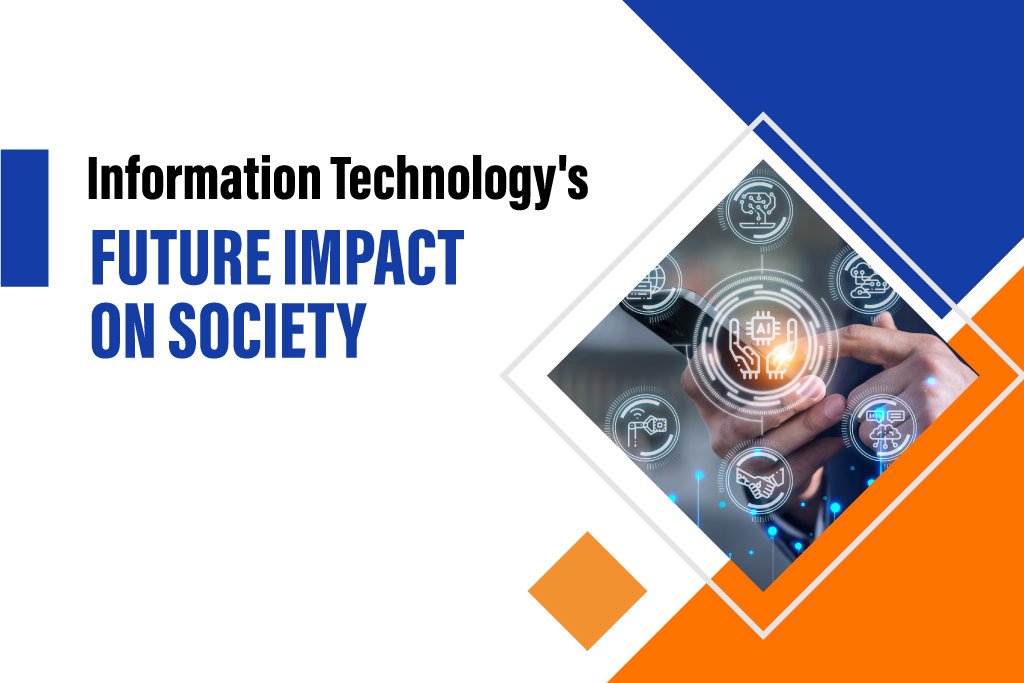
From developing the wheel to advancements in AI, technological innovation has played a crucial role in transforming the world in the past few decades. It has made our lives simpler and more productive, changing the way we connect with each other.
Technological advancements also have certain negative repercussions that need to be addressed like technological dependency, cyberbullying, and privacy invasion. Moreover, the increasing use of automation and AI has made people anxious about the loss of jobs and the widening income divide. With the continuous emergence of new technologies, the future looks promising and while we welcome the changes, it’s crucial to be aware of the risks involved and take necessary preventive measures to mitigate them.
Karpagam College of Engineering is one of the best information technology colleges in Coimbatore that equip you with specialized knowledge and skills on AI and machine learning and become industry ready.
Future advancements in technology:
1) Artificial Intelligence : Artificial Intelligence is one of the most fascinating developments in the modern technological landscape, which has made remarkable progress in areas like voice recognition, image identification, and Natural Language Processing (NLP). It has immense potential to revolutionize sectors like healthcare, finance and transportation and also can help tackle climate change and alleviate poverty.
2) Internet Of Things (IoT) : The IoT ecosystem comprises interconnected computing devices like the sensors used in residences and industries, that can share data and instructions over the Internet. IoT technologies have helped in home automation, regulating energy management, and improving transportation. With the widespread use of IoT technologies, the trend is only expected to gain momentum in the coming years.
3) Augmented and Virtual Reality: AR and VR technologies aim to provide users with interactive experiences by overlaying digital information over the physical world and are gaining significant attention in recent times. These emerging technologies are expected to become more realistic, immersive, and widely adopted in entertainment, education, and healthcare in the coming years.
4) Blockchain: The blockchain is a distributed ledger technology that allows us to store and transfer data securely. While it’s known to power cryptocurrencies like Bitcoin, it has the potential to revolutionize several other sectors like healthcare, supply chain management, and financial services.
5) 5g – networks: The fifth-generation (5G) mobile networks are set to replace the existing fourth-generation (4G) networks and will be significantly faster, more reliable, and less laggy, enabling new applications, such as autonomous vehicles, smart cities, and telesurgery. However, the deployment of 5G networks has been hindered in some regions due to infrastructural challenges.
6) Quantum Computing: This involves the application of quantum mechanical concepts to the process of computation and has the potential to yield solutions to problems that are currently not possible with classical computing. The ability to create novel materials and simulate complex chemical events are just two examples of the potential applications of quantum computing. However, the technology is still in its early stages of development and needs to overcome several challenges before it can be widely adopted.
Prepare yourself for wide-ranging careers in information technology with solid foundational knowledge and hands-on exposure by pursuing IT courses at the best artificial intelligence and data science colleges in Coimbatore.
7) Biotechnology: Biotechnology refers to using of biological systems, cells, and organisms in creative innovations in the industry and medical sectors. It has the potential to transform fields like medicine, agriculture, and power generation. With the discovery of new treatments and cures, biotechnology is expected to play an increasingly important role in people’s lives in the coming years.
8) Robotics: Robotic studies are focused on developing automatic devices that can perform specific tasks. Multiple industries, like construction, medicine, and transportation, could benefit from the use of robotics. The future of robotics is promising, as researchers aim to create machines with human-like cognitive capabilities.
9. Cloud Computing: Cloud computing involves the transfer and storage of data on remote servers. It has revolutionized data storage and retrieval, and its use is expected to continue growing as more programs and services are developed to take advantage of it. Cloud computing can also support AI applications like voice assistants and image recognition services.
10. Cybersecurity: Cybersecurity has become crucial with evolving technologies and the increasing dependence on digital devices and refers to the practice of safeguarding systems, devices and networks from electronic threats. The increase in cyber threats highlights the importance of data protection and the need for advanced cybersecurity measures.
Technological advancements have a significant impact on society, yielding both positive and negative outcomes. On the positive front, technology has improved communication, provided improved access to information, made learning more convenient and efficient, and boosted process efficiency in many industries.
However, the negative effects include reduced social engagement, increased screen time leading to physical and mental health problems, job displacement due to automation, and privacy issues related to data mining. We need to be aware of the harmful effects of advancements in technology and take necessary measures to minimize risks and safeguard ourselves while enjoying its benefits.
